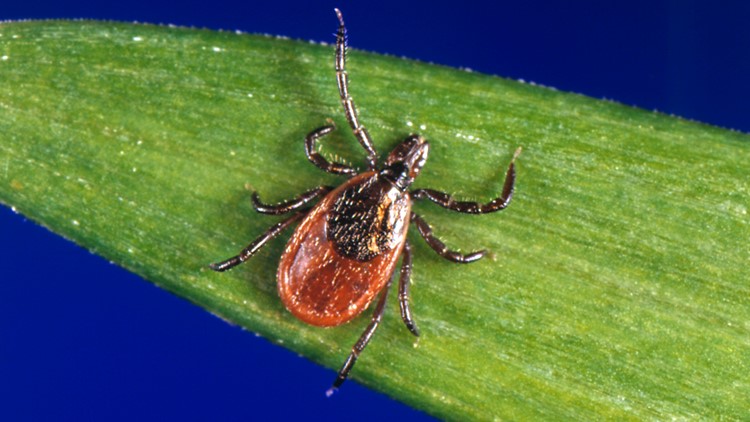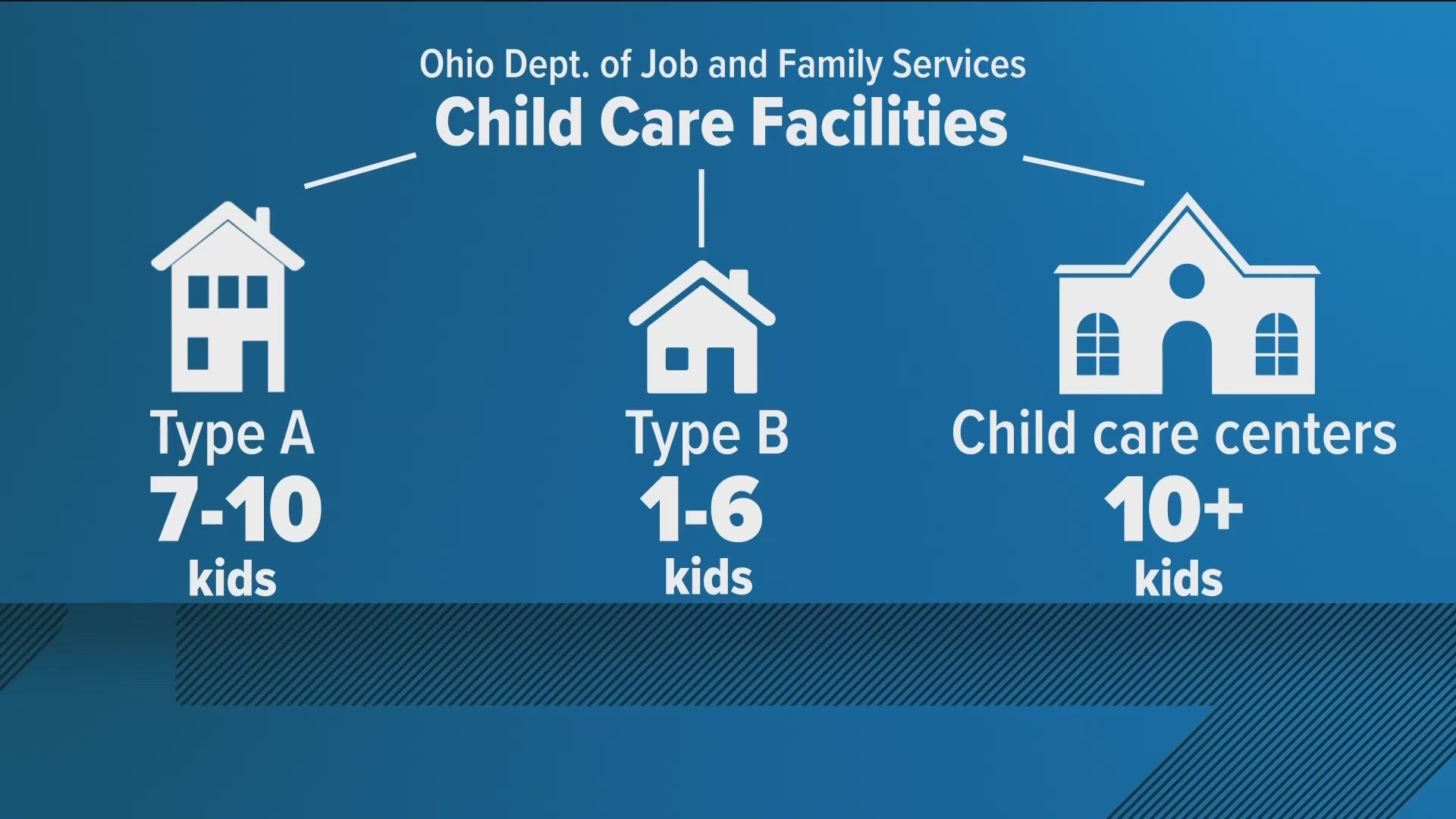TOLEDO, Ohio — You could have the perfect visit to a park or a great family outing. But it can all be ruined by one bite from a tick.
Mary Hoffman loves to bring her son Aubrey to Wildwood Metropark and he can't get enough of the playground. But he likes an adventure, so getting into the grass is unavoidable.
That means Mary has to be wary of ticks.


When asked if ticks are something she has to worry about this year, Mary said, "Yeah, I actually found one in his hair. Thankfully I got it before it bit him."
There are new worries about previously rare types of tickborne diseases, as they are now being seen more frequently. Specifically, the blacklegged tick spreads Lyme disease and may have transmitted a virus that killed a man in New Jersey.
"And I know a couple of people who have actually contracted Lyme disease and it's nothing to mess around with," Hoffman added.
The Ohio Department of Health says diseases spread by ticks are being reported more frequently in the past decade.
"Between 2016 and 2017, there was a 22 percent increase in the tickborne illness," said Dr. Naeem Mahfooz, a pediatric neurologist for ProMedica.
Dr. Mahfooz also said there has been a twofold increase in the reported cases of diseases carried by ticks. He thinks it's because people are getting more mobile and are experiencing bites and infections in other regions.


Dr. Mahfooz said boys ages 5 to 9 years old are most at risk and so are men aged 45 to 55. He said that is because those groups may be more adventurous in places where ticks live.
But he said all of us should be prepared.
"When they come, they bite us and then after three to five days, you may get a rash. That is the first symptom. So that rash initially may look like a bull's-eye," Dr. Mahfooz said.
We could also get headaches, fevers, tiredness, and even facial paralysis.
One of the places you're likely to have a run-in with a tick is a park or other wooded area. Wildwood Metropark has high grass in many areas and ticks will be around this time of year.
Scott Carpenter of Metroparks Toledo said you should stick to the trails and try not to brush up against vegetation and wear light-colored clothing and bug spray.
But, he said, don't be scared away from the park you love.
"There are risks from sitting on the couch, as we all know, so being outdoors is good for you and safe, if you just think," Carpenter said.
The Metroparks are working hard to track ticks and when staffers find one, they collect them in vials.
The Toledo Area Sanitary District picks them up right away to analyze them.
The Toledo Lucas County Health Department also conducts tick sweeps in the Metroparks by pulling a sheet along a trail to see what they can collect.
So, if you do see a tick on yourself or you kids, what should you do?
Dr. Mahfooz said there's a specific way to remove it, that makes all the difference..
"Do not panic. So take a tweezer and then try to hold the tick as close to the skin as possible, and then gently apply the pressure. Do not twist or do not tug," Dr. Mahfooz said.
When you apply that pressure, the tick should give up and let go. Then wash the area with soap or rubbing alcohol.
Mary Hoffman brings Aubrey to Wildwood almost every day and always ends the visit, the same way.
"We check our dogs, we check him, we check ourselves," she said.
Specific places to check for ticks on your kids are behind their ears, armpits, belly buttons, and behind their knees.
And a "bull's-eye" rash on the body could be a sign of Lyme disease, so see your doctor if you observe this.
For more information on ticks and the diseases they carry, check out the Ohio Department of Health, The Toledo Area Sanitation District and the Metroparks Toledo websites



